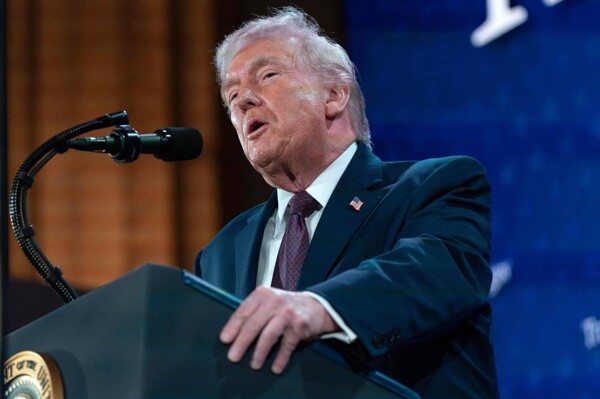
The retired law professor from the University of Baltimore and expert in government contracting, Charles Tiefer, has expressed his opinion on the recent contract cancellations made by the U.S. Department of Government Efficiency (DOGE). In his words, these measures are not fulfilling any political objective nor generating cost savings.
According to the information provided, DOGE opted to terminate numerous contracts that included subscriptions to media such as The Associated Press and Politico, research studies, training, already purchased software, and internships that had already ended. In total, it is mentioned that 417 contracts valued at $478 million were affected by these cancellations.
Tiefer, who has experience on the War Time Contracting Commission in Iraq and Afghanistan, criticized the approach taken by DOGE, which he described as "slash and burn," warning that this strategy could affect the operations of government agencies. He proposed instead to work in cooperation with procurement officials and inspectors general to find ways to improve efficiency.
Despite DOGE's claims that the cancellations will generate significant savings, independent experts have questioned this figure, considering it inflated. Some of the canceled contracts were intended for modernization and improvement of government operations, conflicting with DOGE's cost-cutting mission. For example, there is mention of a $13.6 million contract with Deloitte Consulting LLP to restructure the National Center for Immunization and Respiratory Diseases at the CDC amid the COVID-19 pandemic.
In summary, although DOGE has announced the cancellation of more than a thousand federal contracts as part of its cost-cutting program, it is revealed that about one-third of these, specifically 417, are not expected to generate additional savings for the government, as the funds corresponding to these contracts had already been committed beforehand.














